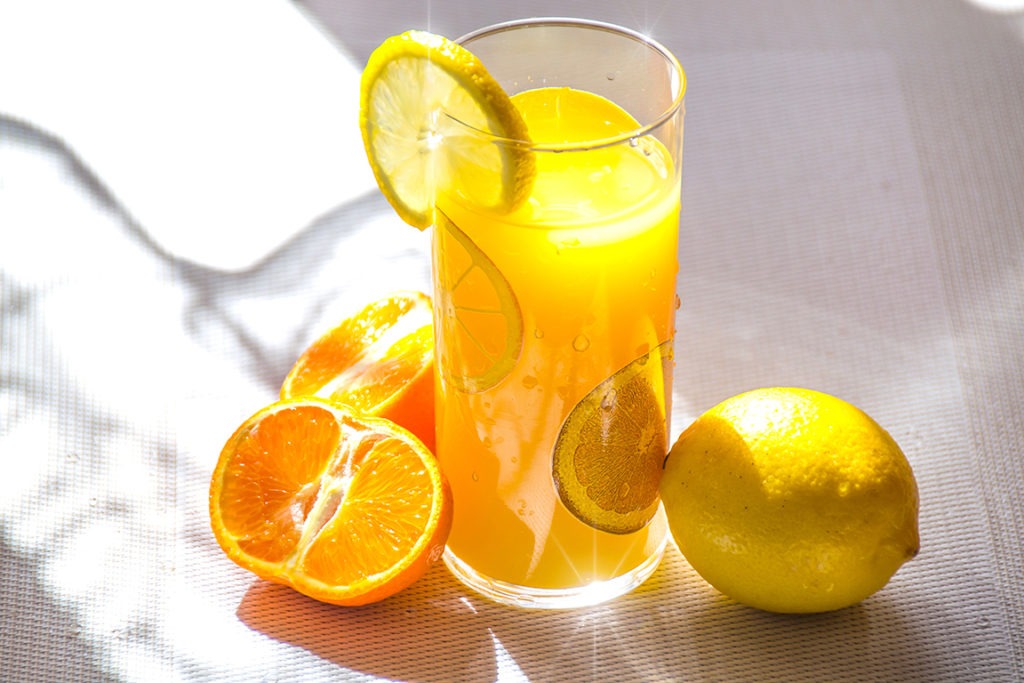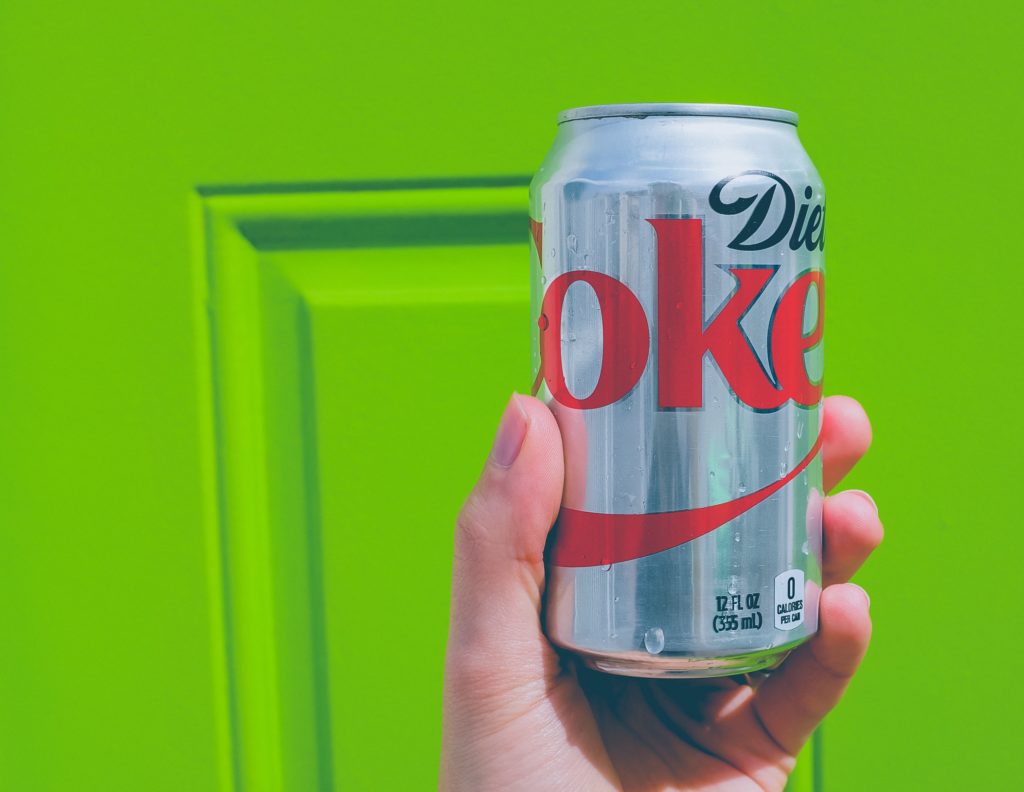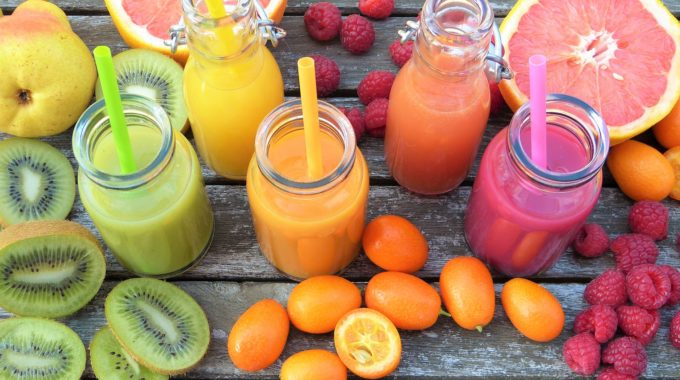Calls for new vote on juice health rating
State governments will be asked to bring common sense to the Health Star Ratings system – which currently rates diet soft drink as healthier than fresh juice – by voting for a 4-star rating for juice at a meeting to be held in November.
Peak industry bodies have contacted Senator Richard Colbeck, Chair of the ANZ Ministerial Forum on Food Regulation. This is the body behind the Health Star Rating system. They ask for a new vote on an automatic 4-star rating for fresh Australian juice.
Several groups have already lent their support to a fresh vote. These include the National Farmers Federation, AUSVEG, Apple and Pear Australia, Passionfruit Australia, Mangoes Australia and Summerfruit Australia.

Only two stars?
Every Australian state and territory government is represented at the forum. There are also representations from the Australian and New Zealand federal governments.
At the most recent meeting, federal, NSW and SA governments voted in favour of an automatic 4-star rating for juice. This would acknowledge its nutritional benefits. However, under the new system, fresh juice will now receive a rating as low as 2 stars. This is because the algorithm that underpins the system focuses on sugar content alone. It doesn’t consider essential nutrients such as vitamin C, potassium, folate and magnesium.
The changes will also mean that diet soft drink – which offers no nutritional benefit – will receive 4 stars. This is because of the additives and preservatives used as a sugar substitute.
“The Health Star Rating system is telling consumers that diet soft drink is healthier than fresh Australian juice,” says Citrus Australia CEO Nathan Hancock. “And the majority of our state governments, some of which benefit greatly from our juice industries, agreed.”

Going against evidence
Hancock says the November meeting will be an excellent opportunity to revisit the “absurdity” of the current Health Star Rating changes.
“The promotion of diet soft drink over juice aside, the changes also contradict Australian Dietary Guidelines,” he says. “These place fresh juice in the ‘eat more of’ category.”
Research shows a glass of OJ is rich in vitamin C and folate. It’s also a good source of thiamine (for energy) and contains polyphenols and beta carotene (antioxidants). It’s also low GI (for sustained energy) and contains natural sugar (for energy).
Hancock says Australians’ consumption of fruit and vegetables continues to fall. The latest statistics show that just five percent of all Australians over the age of 18 consume the recommended daily amount of fruit and vegies. Labelling fresh juice with no added sugar as “unhealthy” would hinder any chance of stopping this decline, he says.

Hurting horticulture
Citrus Australia is particularly disappointed that the Queensland, Victorian and Western Australian state governments didn’t support the proposed changes. Citrus is a significant contributor to their regional economies. Hancock has called for their support.
“Australian juice processors have stated that the proposed changes to the Health Star Rating for fresh juice will have an immediate, detrimental effect on sales,” he says.
“We fear any decline in sales under this false premise would also hasten the demise of not only the Australian orange juice industry, which has already seen a 30 percent decrease in the production base over the last 18 years, but many other horticulture industries as well.”









